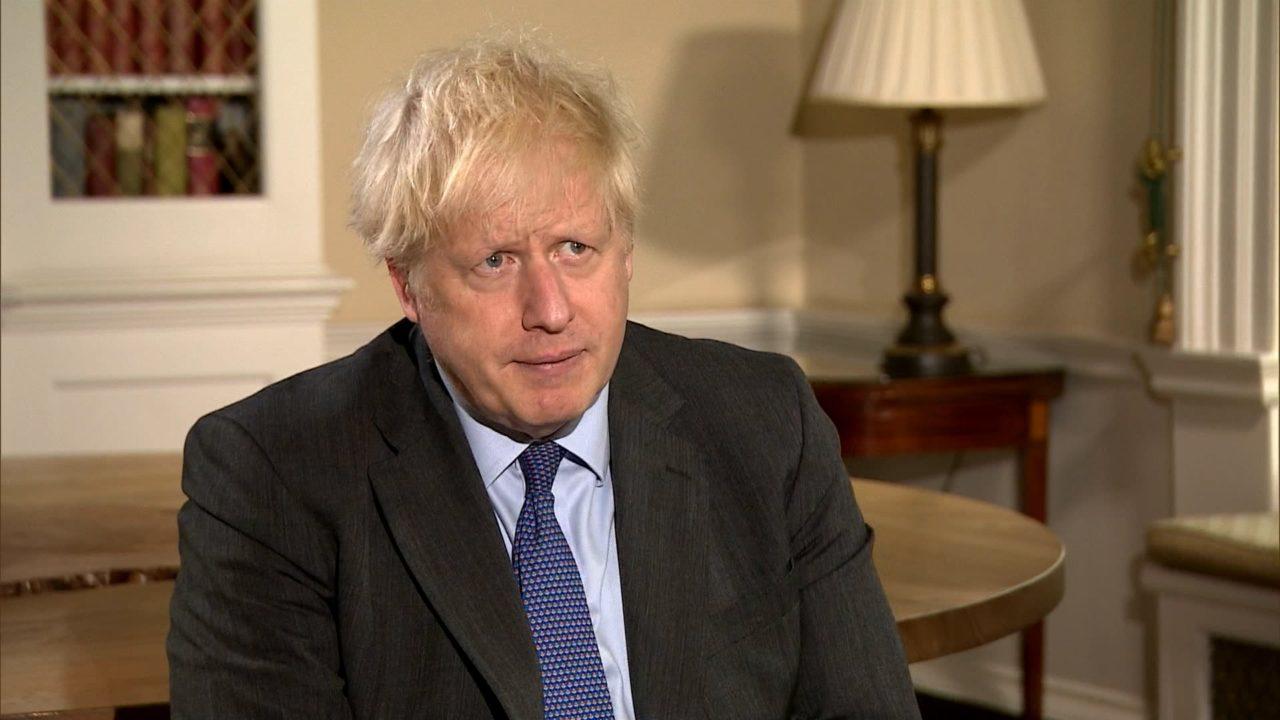The Prime Minister has warned of the “immense logistical challenges” in distributing the newly approved coronavirus vaccine, after it emerged most care home residents will need to wait for their jab.
The UK became the first country in the world to give the go-ahead to the vaccine from Pfizer and BioNTech on Wednesday, paving the way for vaccinations to start next week.
But the recommendation from the Joint Committee on Vaccination and Immunisation (JCVI), which advises ministers, said that while care home residents and staff should be the top priority, the immunisations cannot yet be fully carried out.
The vaccine must be stored at an ultra-low temperature of between minus 70C and minus 80C, and therefore it is not possible to take it into care homes at this point.
Speaking at a Downing Street press conference on Wednesday evening, Boris Johnson acknowledged the “immense logistical challenges”, adding: “It will inevitably take some months before all the most vulnerable are protected – long, cold months.
“So it’s all the more vital that as we celebrate this scientific achievement we are not carried away with over-optimism or fall into the naive belief that the struggle is over.”
On Thursday, Health Secretary Jeane Freeman MSP told BBC Good Morning Scotland that discussions are under way about the logistics of distributing the vaccine, reiterating comments made by the Prime Minister about immunising care home residents.
“The doses come to us in packs of 997 and we need to know to what degree can we pack that down into smaller pack sizes, because if we can’t then we need to absolutely bring those who are to be vaccinated to those freezers, in effect to the centres, because there’s a limit to how much you can transport the doses once you’ve defrosted them,” she said.
“The problem is the pack size – 997 doses each then has to be used in a very limited time period once you’ve defrosted it.
“We don’t want to waste any of this vaccine so it’s not possible at this point in smaller doses to take it, for example, into care homes – that’s the work that’s under way and our chief pharmaceutical officer is busy talking to both Pfizer and to the MHRA (Medicines and Healthcare products Regulatory Agency) about how can we transport this.
“For Tuesday the intention is we would start by vaccinating those who will be vaccinating others and we will bring them to where we’re storing the doses.”
She said future plans include mass vaccination centres but that will be further down the line when vaccinators are dealing with much younger people.
Other plans include mobile vaccination centres and high street locations where people can go for a jab.
Ms Freeman was asked how long she thinks the programme will take if the aim is to have just over four million adults in Scotland vaccinated, and said the first wave could be completed by the spring.
She told the programme: “As long as the supplies arrive in a regular basis and other vaccines come through and are authorised, then we would expect to have completed the programme for those who are in the first big wave, so that’s those over 80, health and social care workers, and so on down by about the spring and then we will move to the younger age group.”
She said the Joint Committee on Vaccines and Immunisations has advised health authorities to focus on age priority, working from the oldest citizens down to the the youngest.
Follow STV News on WhatsApp
Scan the QR code on your mobile device for all the latest news from around the country


 STV News
STV News

























